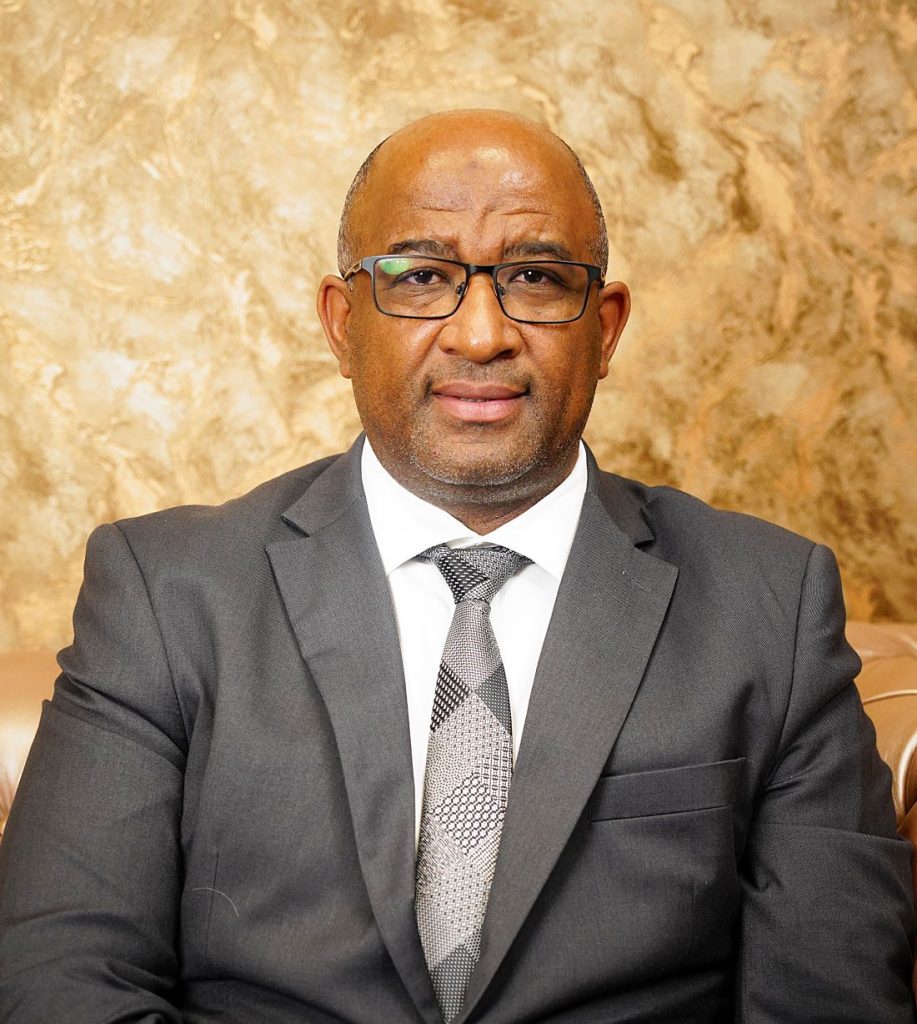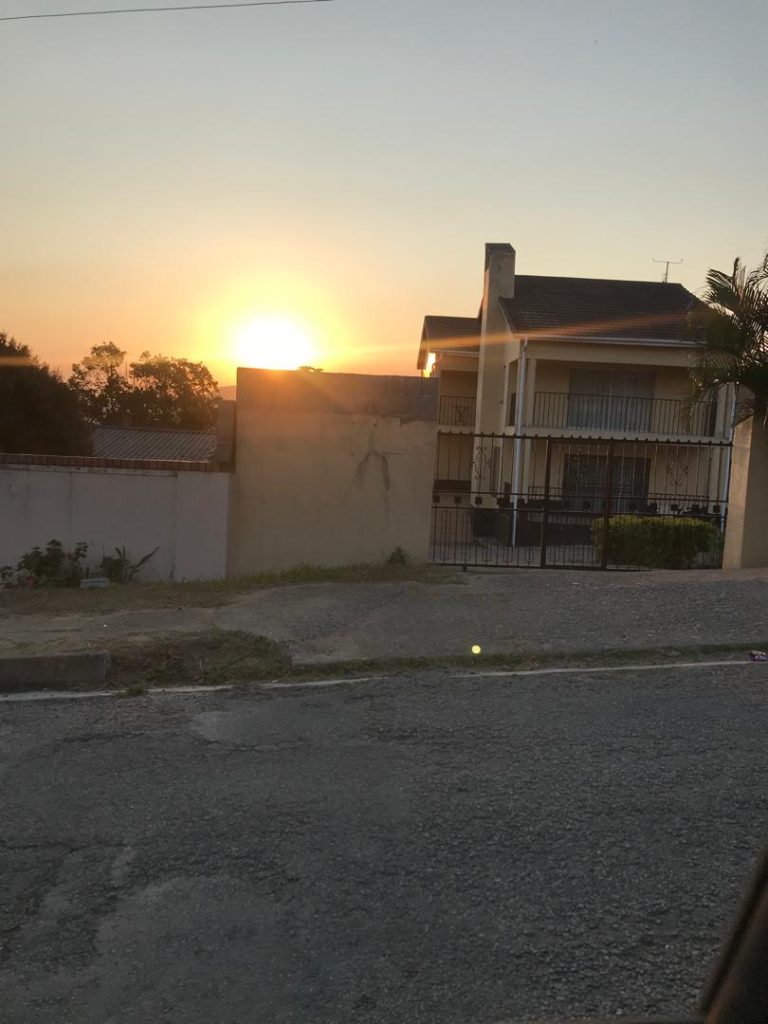
The Central Bank of Eswatini: A shield or watchdog?
By Vuyisile Hlatshwayo
Hundreds of eSwatini consumers have been kept in the dark by the Central Bank of Eswatini (CBE) about the damning SNG Grant Thornton (SA) investigation report into mortgage malpractice, citing banking confidentiality as the rationale. This sounds more cogent in accordance with the principle of customer-bank privacy. However, a hidden blight in the report has led emaSwati consumers to make uninformed banking decisions and choices. This is evident in their recent overwhelming vote for the conversion of the Swaziland Building Society (SBS) into a fully-fledged bank, yet it is implicated in the report.
The hidden Thornton Report found SBS, eSwatini’s leading mortgage lender, to have contravened the Financial Institutions Act No. 6 of 2005, Financial Services Regulatory Authority Act, No. 2 of 2010, and Foreclosure Policy on Mortgage Loans, Inhlase can reveal. Amid a slew of public complaints received by its Ombudsman Office about mortgage malpractices in the financial sector, the CBE, as a regulator, launched an investigation in 2019. However, its shielding the banks from public scrutiny, at the expense of the public interest, remains a cause for concern.
When contacted for comment by Inhlase recently, Mandla Ntshakala, chairperson of the nonprofit eSwatini Consumer Forum (ECF), slammed CBE for shielding the banks from public scrutiny. He noted that such conduct betrayed its fear of creating an antagonistic relationship with the banks, thus undermining its public interest role. Said Ntshakala: “We were hoping the report was going to name the implicated banks. That’s going to help us make informed banking decisions and choices to avoid falling into the same trap. Unfortunately, the Central Bank decided to hide this crucial information.”
Shielding banks
In his recent response, Mandla Luphondvo, Head of Strategy and Communication at CBE, stated that CBE was required to comply with the Central Bank of Eswatini Order, 1974, and the Financial Institutions Act, 2005. “In terms of Sections 43 and 44 of the Financial Institutions Act, alongside Section 20 of the CBE Order, 1974, the Central Bank is unable to disclose any information relating to this process as it is a sacrosanct prerogative of the regulatory processes enshrined in the law,” he said.
However, a legal expert, who preferred to remain anonymous, countered Luphondvo’s argument. He stated that the quoted Order and Act only apply to the bank’s internal work of CBE employees, auditors, and bank examiners who are sworn to the Oath of Confidentiality, not to an inquiry conducted in the public interest. He pointed out that CBE was duty-bound to make the report public because it had invited members of the public to participate in the investigation, which was conducted in the public interest. The legal expert said, “The public participation should have been considered and shaped the outcome of the report.”
In its investigation, Inhlase traced one of the foreclosure victims, Dr Zama Joseph Gama, to the Kwaluseni area, about 11 kilometres away from Manzini City. Armed with letters, emails, and his own copy of the report, the physician, who rents a flat in the city, revealed how he tried to ward off the SBS from stripping away the home he had worked for in his prime years, but in vain. His overpaid E1.3-million home foreclosure mirrors the untold foreclosure scandal that eSwatini banks had been perpetrating under the nose of the regulatory bodies for years.
Having launched a lawsuit in September 2022, Dr Gama preferred to share documents with Inhlase instead of granting an interview. In 2005, he secured an SBS mortgage loan of E1,330,000 payable over 14 years at an interest rate of 7% per annum. His repayment instalment of E16 000 was due every month-end. However, he was unable to service the mortgage loan in full during the period 2010-2011 due to the economic depression in eSwatini. His arrears had accrued to E76 924.10 as of 21 February 2012. SBS then proceeded to institute legal action to recover the debt.
Despite paying his mortgage loan faithfully for seven years, SBS maintained that he owed E1.4m. This prompted him to question the interest rate charged on his account as he was halfway through the 14-year repayment period. He claimed to have paid over E1.2m because he doubled the monthly instalment. He took the matter to court and appeal court, but he lost. He also appealed to the SBS board, whose response did not make sense to him.
The report found that his attorney, Zonke Magagula, failed to file any affidavit resisting the summary judgment after being given an indulgence by SBS attorneys, S.V. Mdladla and Associates, to postpone the matter for a week from 13 April 2012. During the court application for rescission of the summary judgment, he also failed to defend the summary judgment that was granted on 20 April 2012. However, he was able to enter into a verbal agreement with the SBS attorneys to settle the accumulated legal fees of E55,000 in instalments.



Disregarded efforts
Dr Gama ramped up his efforts to raise funds to avoid losing his home. On 1 June 2012, he presented a settlement plan to SBS Mortgage Manager Jabulani L. Manana. He requested SBS to shift the stop order to the 15th of each month. In his letter dated 6 June 2012, he indicated that he had secured a E200,000 loan from FINCORP, and he attached a letter of proof. He assured him that he would be able to restock medicine and increase his income to honour the monthly instalments. He also requested SBS to grant him an extension of time until 31 July 2012 to clear the arrears.
However, the report noted that his efforts counted for nothing because SBS management was hell bent on auctioning his house. Despite his settlement proposal on 6 June 2012 and further auction postponement discussion with General Manager Timothy Nhleko on 28 June 2012, SBS secured a court order to auction his property on 29 June 2012.
Due to the urgency of the matter, he put in extra effort to clear the outstanding arrears. On 29 June 2012, he paid E70,000 towards clearing the arrears after paying E10,000 and E5,000 on 14 June 2012 and on 19 June 2012, respectively. Although SBS acknowledged receipt of the E70,000 on the auction day, SBS Managing Director Joseph Ndlangamandla allowed the auction to proceed on 29 June 2012 due to an unpaid instalment of E14,000.00, which was due on 30 June 2012. However, nobody turned up, which forced SBS to reschedule the auction for 24 August 2012.
In July 2012, he approached the SwaziBank, which agreed to take over his mortgage loan, pending receipt of a redemption advice from SBS. On 25 July 2025, he wrote Manana a letter requesting the redemption value, but it was not forthcoming until 16 August 2012. By the time he received it on 16 August 2012, it was a little too late, as the second auction was due on 24 August 2012. The report noted that: “It is worth noting that Dr Gama’s proposal… was not given a reasonable time of consideration by looking at the timeline. Dr Gama wrote a letter on 25 July 2012, and SBS responded to it on 16 August 2012, and the property was subsequently sold on 24 August 2012.”
While SBS was proceeding with the questionable foreclosure process, Dr Gama informed the financial regulatory bodies, CBE and FSRA. Still, they took no action to remedy the situation. He wrote an email dated 8 July 2012 to Phil Mnisi, who, at the time, was CBE deputy governor, querying the bank’s action of securing a court order to sell his house at auction scheduled for 29 June 2012, despite him having presented an arrangement to clear the outstanding arrears as per his letter dated 6 June 2012. He attached his letter from FINCORP approving the E200,000.00 loan.
Also, the FSRA ombudsman accepted MD Ndlangamandla’s explanation of the foreclosure process as the gospel truth. Yet, Section 63 of the FSRA Act states that “Where the Authority has reasonable grounds to suspect that a person has committed an offence under this Act or is about to do an act that, if done, would be an offence under this Act, it may carry out such investigations as it considers appropriate for the due administration of this Act”.


“We noted a letter dated 17 July 2012 from Mr Ndlangamandla, the MD of SBS, addressed to the Ombudsman for Financial Services Regulatory Authority in response to a letter SBS received on 11 July 2012, explaining that SBS had followed all steps in helping Dr Gama with his repayments and that the auctioning process was duly followed,” read the report.
It further found the submissions of SBS employees, Messrs. Gwebu and Vilakati, to be at odds with the physician’s elaborate settlement proposal and negotiations regarding the arrears. They disclosed that SBS found the payment of E70,000 to be insufficient to clear the entire outstanding arrears. SBS was not only dissatisfied but also deemed his ability to service the loan unfeasible. Yet, in the letter dated 6 June 2012, he outlined how he intended to service the loan going forward. He also met with Mr Nhleko on 28 June 2012 to discuss the proposed finalisation of conditions on clearing the arrears and legal fees.
Unjust foreclosure
By disregarding Dr Gama’s efforts to clear the mortgage outstanding balance, SBS flouted the Foreclosure Policy on Mortgage Loans. It failed to abide by its own Foreclosure Policy on Mortgage Loans under its ‘trend of consecutive payments of at least six (6) months.’ Under paragraph 8, the physician qualified for a less harsh course of action. The report noted that: “Following the E70,000.00 payment by Dr Gama on 29 June 2012, it is evident from the mortgage account statements that SBS did not observe the said ‘trend of consecutive payments of at least six (6) months’ as the property was subsequently auctioned on 24 August 2012 which is approximately two (2) months after Dr Gama made payment of E109,000.00.”
SBS also flouted paragraph 2 of its Foreclosure Policy on Mortgage Loans by auctioning his property for E1.3 million, less than the outstanding balance and wrote off a shortfall of E2,530.00. This was below its market value of E1,798,000, as determined by Mabuza Masina Property Consultants’ valuation, as seen by Inhlase. This was irregular according to paragraph 2, which states that: “The amount to be recovered should be sufficient to clear the balance of the loan, any accrued interest and fees such as attorneys’ fees associated with the action to recover”.
Additionally, the report found that SBS contravened Section 46 of the FSRA Act 2010 by overcharging interest on Dr Gama’s mortgage account by E44,773.70. In conducting its business, SBS did not act with due skill, care and diligence and failed to observe high standards of market conduct. It contravened Section 46 of the Act, which states that “an authorised financial services provider shall, at all times in the conduct of business, act according to the principles of best practice and, in particular, act with due skill, care and diligence in the best interest of stakeholders and the integrity of the market and observe high standards of market conduct.”
The report noted that SBS further contravened Section 47 (1) of the Act, which provides that: “An authorised financial services provider shall not, in connection with its business, engage in conduct that is misleading or deceptive or likely to mislead or deceive.” SBS inadequately applied its foreclosure rules and failed to demonstrate efforts to rehabilitate Dr Gama’s mortgage loan, despite making reasonable efforts in settling the outstanding arrears.
Furthermore, it flouted paragraph 34 of the Financial Institutions Act 2005, which requires that records should be kept for a minimum of five (5) years. SBS failed to furnish the consultants with records of the assessment, such as minutes of the meeting held by directors and/or management in deciding to call up Dr Gama’s property. The report noted that SBS in this instance demonstrated a lack of proper records.
The report noted that after the payment of E109,000.00 (E70,000 + E10,000 + E5,000 + E16,000 + E8,000), Dr Gama paid the debt and overpaid it by E32,076. Said the consultants: “Reliant on his efforts to engage the bank in finding a suitable alternative to settling the outstanding arrears and the payment made towards them, it is concerning that SBS did not consider his efforts; instead, their focus was on proceeding with the auction of his property,” said the consultants.
The ECF chair said the onus is on consumers to hold unscrupulous banks accountable, calling on affected individuals to come forward with information. He said it was high time that eSwatini consumers followed the South Africans who filed a R60 billion class action lawsuit against SA’s major banks for unlawfully repossessing their homes and reselling them well below market value, as reported by BusinessTech. He urged them to form a united front to expose the local banks that target their homes and properties when they encounter financial hardships.
“It’s shocking to hear that this consumer lost his hard-earned home worth over E1.3m to a financial institution despite all his efforts to pay off the bond. This highlights the glaring lack of commitment by our banks to finding amicable solutions to avoid foreclosures, including options such as payment arrangements and loan restructuring. My organisation is committed to ensuring that our members are treated fairly and respectfully,” Ntshakala said, decrying the shielding of unscrupulous banks by the CBE.



